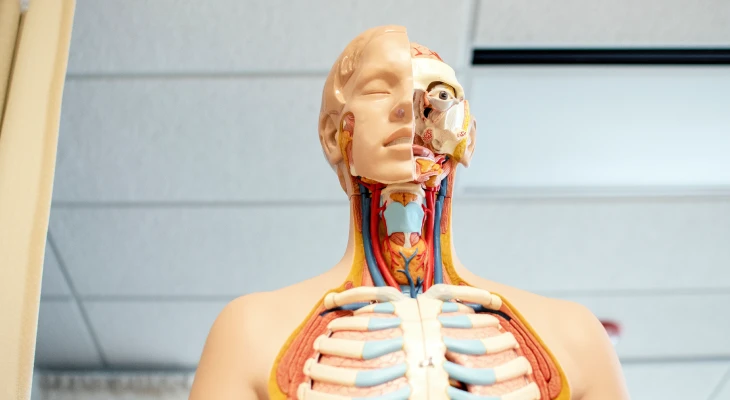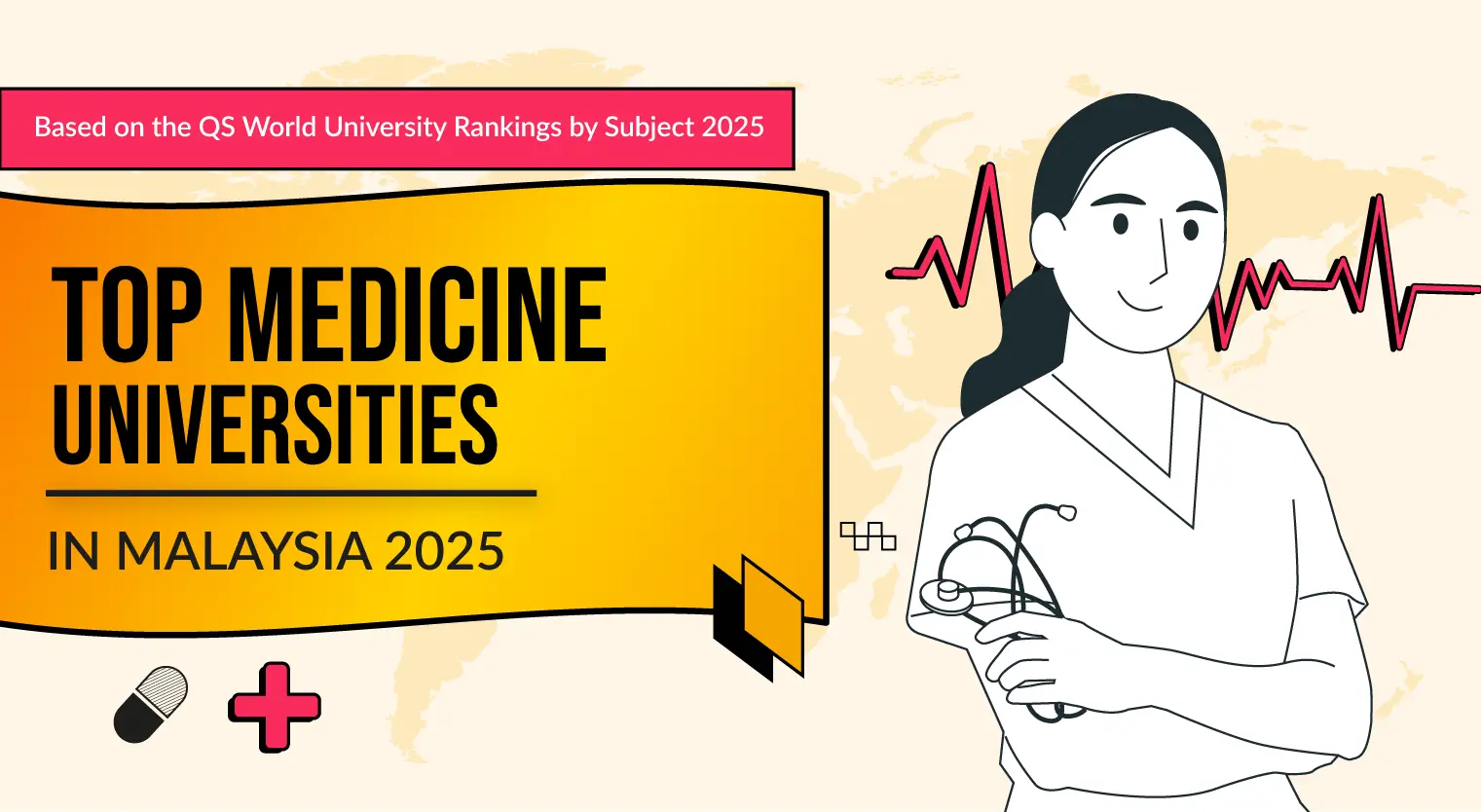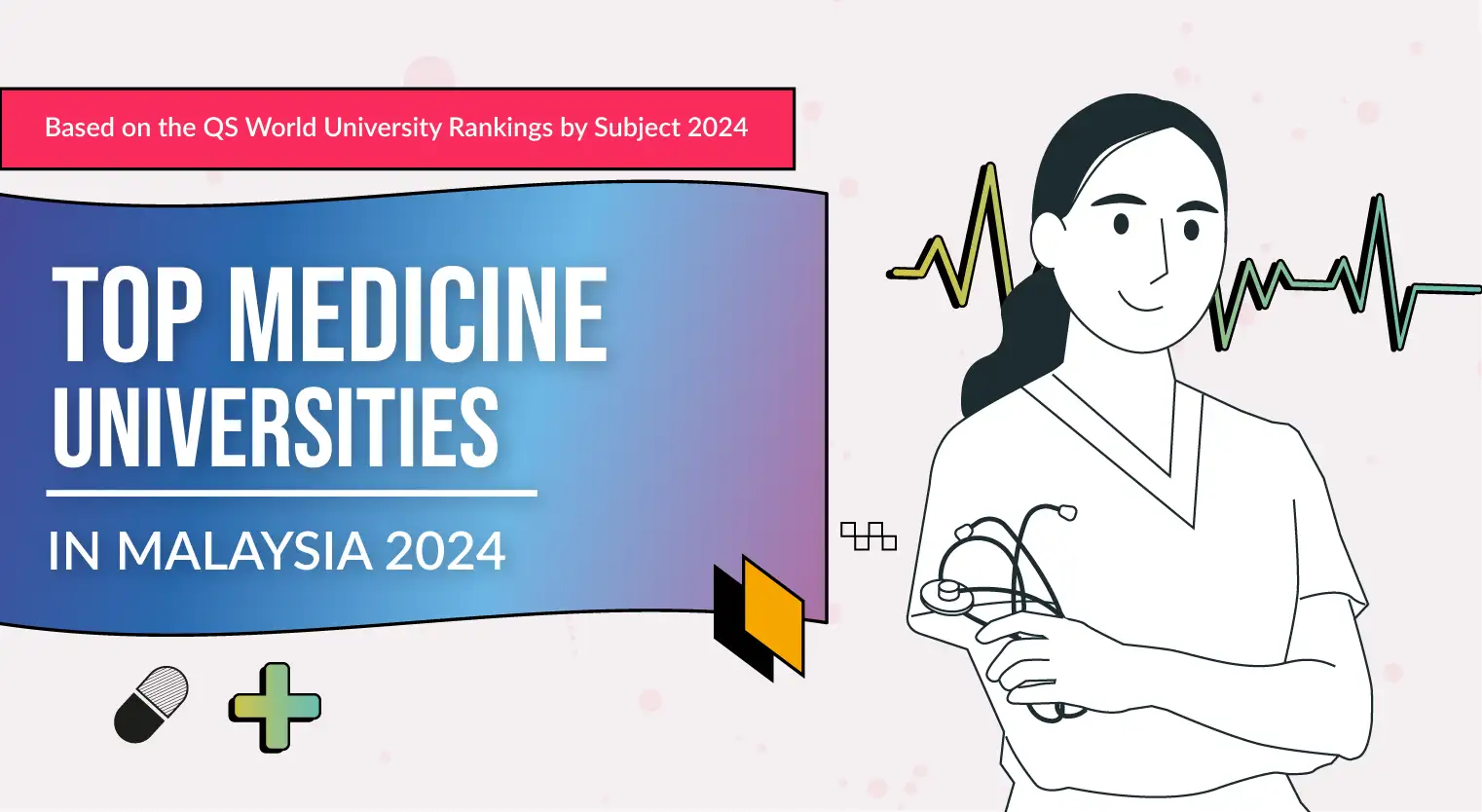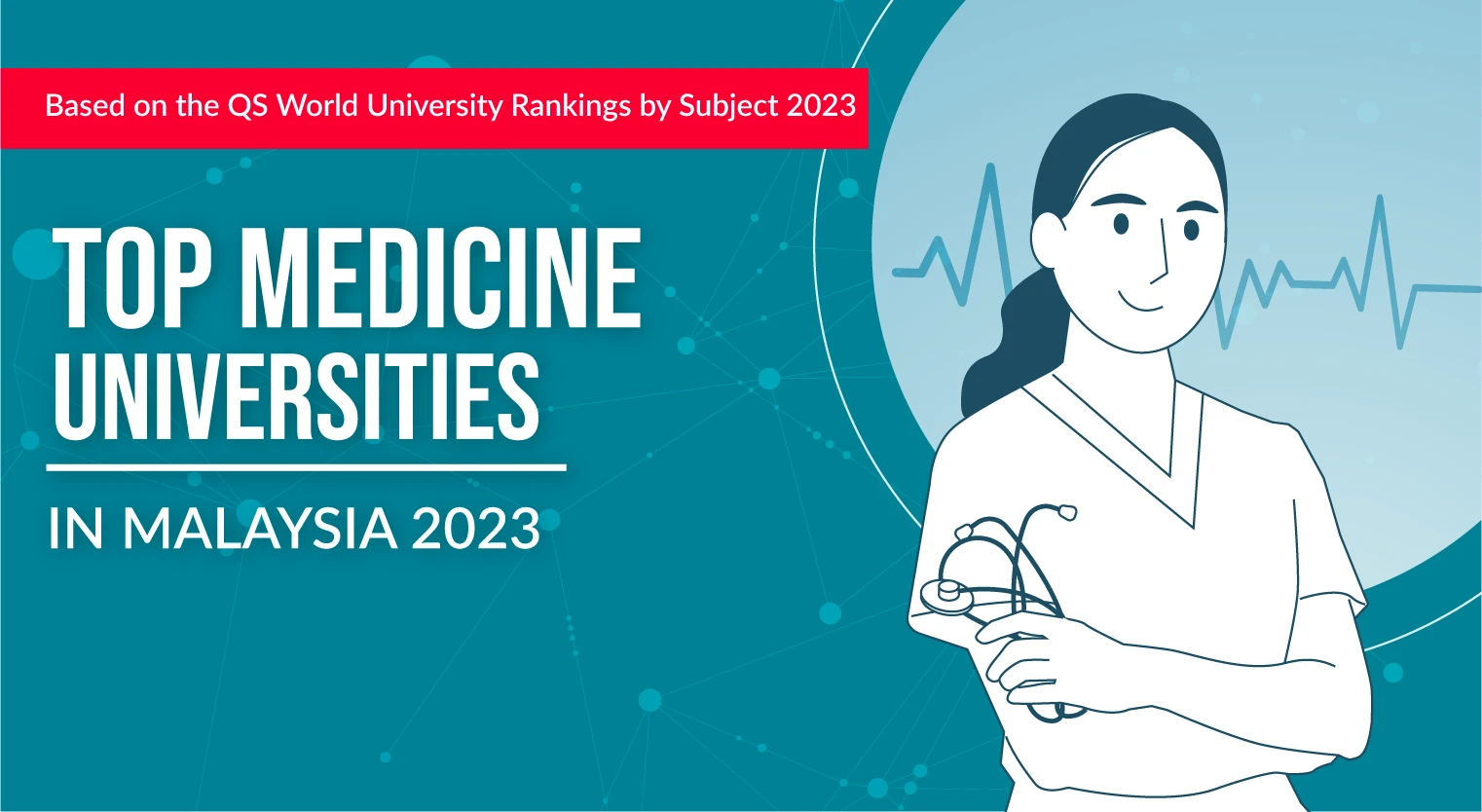7 Things You Need to Know Before Studying Medicine
The road to becoming a doctor is long and arduous. Be sure to know what you’re getting into before jumping the gun.
Updated 07 Dec 2022

So you want to become a doctor. Perhaps it’s been a lifelong dream since you were a child. Or maybe it’s a career path your parents have charted out for you. Whatever the reason is, pursuing medicine is a long and strenuous journey so it’s crucial to know what you’re getting into.
Before you jump the gun and apply for a medical degree, here are some things you should know before you make a decision.
#1. Medical schools are not all the same

If you think that attending any medical school will guarantee you success, think again.
While medical schools have to comply with the standards set by the Malaysian Qualifications Agency (MQA) and Malaysian Medical Council (MMC), each university has its own way of delivering its medical training and this can affect your learning experience.
For starters, the course structure and teaching styles can differ between universities. Some universities incorporate early clinical exposure during the pre-clinical phase to help you build relevant empathy, communication skills and clinical skills early on. Some teach anatomy through real cadavers while others use virtual ones. Furthermore, medical schools have also started to invest in augmented reality simulators and interactive 3D anatomy systems for a more immersive experience.
In addition, if you plan to work overseas as a doctor, you’ll need to consider how widely recognised your medical degree is; this will depend on which medical school you attend. Some universities have transfer options overseas, while others incorporate licence examinations (e.g. USMLE) into their curriculum, increasing your mobility.
So, where you choose to study medicine matters.
Pro Tip:
Need help deciding which medical school is right for you? Speak to our friendly education advisors for a free consultation.
#2. Being textbook smart doesn’t guarantee success

While grades are crucial and a prerequisite for applying to medical school, it’s not the only thing they are looking for.
As you’ll be serving the healthcare system and treating patients from all walks of life, medical schools also look for well-rounded individuals with good ethics, empathy and humility. After all, you’ll need to be able to converse with not only your fellow doctors and specialists but also a variety of patients and visitors. You must also have a clear understanding of the healthcare system, both public and private.
In fact, these are some of the things medical schools will look out for during the interview process that tests your knowledge, critical thinking and ethics. Your interpersonal and intrapersonal skills matter, so if you’re not a top student, don’t let it deter you from pursuing medicine!

#3. It takes time to be a fully registered doctor

Your medical degree may take 5 years but that doesn’t automatically make you a doctor. As it is a highly regulated profession, you’ll need to fulfil a number of criteria to qualify.
For starters, you'll need to complete a 2-year housemanship posting upon graduating with your MBBS where you’ll undergo clinical training at hospitals. This is where you’ll be evaluated and you’ll only be allowed to complete your housemanship once you pass and are deemed fit. Only then can you proceed to register yourself with MMC and be a fully registered medical officer.
That’s not even the end of it. Thereafter, you’ll need to undergo 2 years of compulsory service at government hospitals and clinics under the Ministry of Health. This entire journey can take 8 – 9 years to complete from SPM.
Pro Tip:
Not sure of the pathway to become a doctor? This article explains the details of how you can be a practising doctor in Malaysia.
Apply for university with EduAdvisor
Secure scholarships and more when you apply to any of our 100+ partner universities.
Start now#4. A medical degree doesn’t mean you have to be a doctor

Hesitant to pursue medicine because you’re afraid that you might change your mind about becoming a doctor? Well, you must know that you can pursue other careers, non-medical even, with a medical degree.
From hospital administrator and medical journalist to medical sales representative, these alternative careers make use of your strong background in medicine. Or if your interest lies behind the scenes, you can consider pursuing a career in research and contribute to public health, drug development and disease prevention.
#5. You don’t have to choose your specialty right away

Some aspiring doctors go into medical schools confident about the medical specialty they’ll end up practising. While this does work out in some cases, it’s not uncommon that you discover new interests in the midst of your medical training.
Even if you’re positive about pursuing a particular field, consider keeping an open mind. Chances are, you might develop a new-found passion for a field you may not have previously considered.
On the other hand, if you’re clueless as to what speciality to pursue, your housemanship will be the best time to dip your toes in the different departments. In fact, you have the entire medical journey to find out where your interest lies, so don’t worry.

#6. Getting a housemanship placement can take a while

While your housemanship is a compulsory aspect of your medical journey, you won’t get a placement right upon graduating.
You’ll need to go through the process of registering with various bodies such as MMC and the Public Services Commission of Malaysia (SPA) before you can apply for a post. Thereafter, it will take between 3 to 6 months before you get to secure a housemanship placement and start your medical training. Of course, this is an estimate and it can differ from one person to the next.
So, if you’re considering this field, know that you’ll need to do a bit of waiting. Consider taking this time to take up an internship or just embrace the break.
Pro Tip:
Starting your medical degree earlier will allow you to start your housemanship earlier in spite of the waiting period. Here’s how.
#7. You'll be a contract doctor before you become a permanent one

The career path for doctors in Malaysia was fairly straightforward up until 2016 when the surplus of medical graduates meant that there were more doctors than permanent positions available in government hospitals.
Since then, the contract system has been developed. This means that as a medical graduate, you’ll be placed as a contract junior doctor with a 5-year contract — 3 years of housemanship and 2 years as a junior medical officer. Once your 5-year contract is up, you will either be offered a permanent position or will need to seek job opportunities elsewhere. Note that a permanent position isn’t a guarantee. In fact, in the past, only 3.47% of contract doctors have been offered permanent spots.
However, things are looking positive. The government has recently opened up 3,586 permanent positions for medical officers this year. To boot, at least 1,500 permanent positions for doctors will be open every year from 2023 to 2025. In addition, the government has also made it possible for contract doctors to apply for specialist training, something that was previously only permitted for permanent doctors.
We hope this article has given you some good insights on what to expect before studying medicine and pursuing the path of a doctor. Your degree is an investment, not just in terms of money, but also in terms of time and energy. So make sure to think things through.






